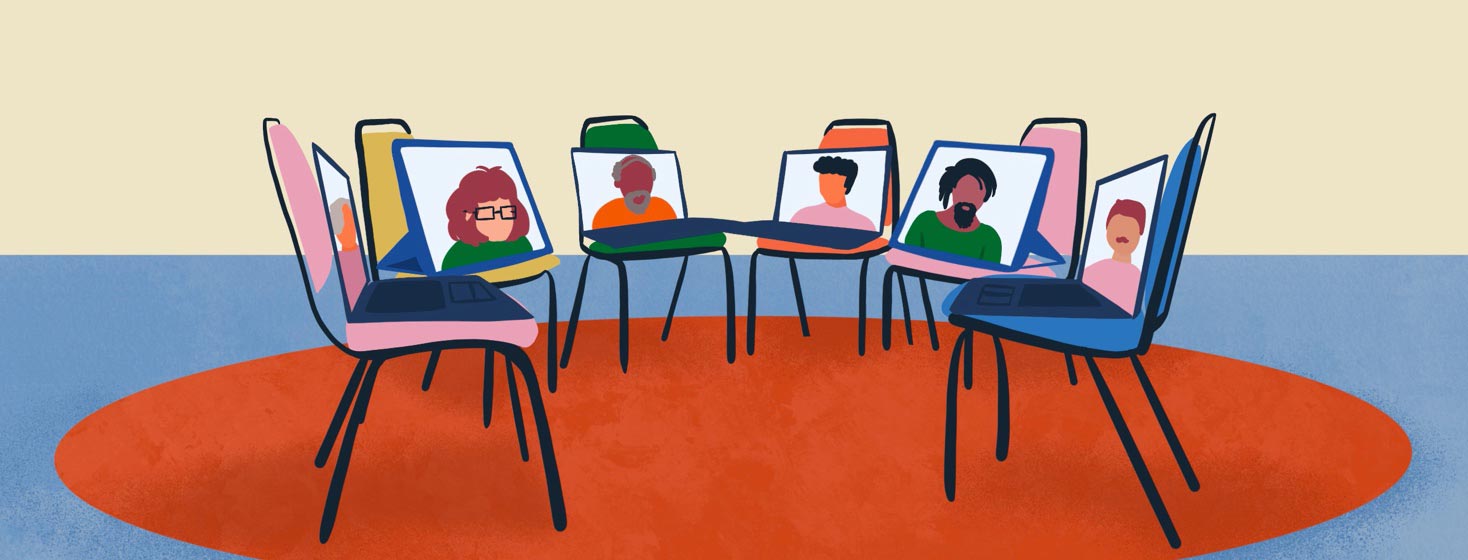HIV Prevention During a Pandemic
Prior to COVID‐19, many of my nights and weekends consisted of hanging with friends or family. But, of course, in the times when I did not go out, I still was able to talk to colleagues or clients daily. COVID‐19 has not only affected my personal relationships but my professional relationships as well.
How COVID-19 impacted outreach
My work duties consist of outreach to the community and group facilitation. Before COVID‐19, I would interact with individuals at all times of the day and in different capacities.
Due to the pandemic, we are not seeing as many clients and outreach is slim to none because schools and community events have been canceled. Group facilitation in-person is no longer happening and now we have to interact via Zoom.
I never truly realized how much I enjoyed socializing with my colleagues or conversing with clients.
Workshops for MSM of color
I have been facilitating sexual health workshops for over six years now and this is the first year where I had difficulty talking to my community. In these workshops, we go over things like
- HIV/AIDS
- STIs
- and PrEP/PEP services.
The workshops are a place where they can connect and share experiences dealing with things like community, identity, homophobia, racism, relationships, and sex. The workshops that I facilitate are for MSM (men who have sex with men) of color ages 18‐29.
I am a part of this community, too
One thing I always enjoyed about facilitating these workshops is the way that I can relate to the conversations within the group because I am a part of the community. Being Latino, gay, HIV-positive, and 27, I feel I can have a genuine conversation with participants and they can let me into their world and what they want to get out of the workshop.
Difficulty with virtual groups
One difficulty that I am having with doing these workshops during a pandemic is the fact that I am not able to notice things like body language.
Reading body language
When the workshops were in-person, I was able to read the room and notice if someone was getting uncomfortable about a certain topic that we may be discussing. In these workshops, we talk about sex and health and I realize that individuals are not always on the same page when it comes to talking about these things. When we do these workshops via Zoom, it is a lot harder to tell if a person is feeling uncomfortable.
Looking at someone’s body language or expression can also tell you if they have something to say, especially when they do not want to interrupt another person. When looking at someone's facial expression in-person rather than on Zoom, it is easier to identify if they want to spend more time on a particular topic.
Prevention and education is still crucial
What I have come to realize during this pandemic is that HIV prevention and education is still crucial within our community.
Just because COVID-19 is affecting us, it does not mean that things like HIV and STIs are no longer around. Regardless of in-person workshops or workshops via Zoom, I will continue to push and challenge my community for the better.

Join the conversation